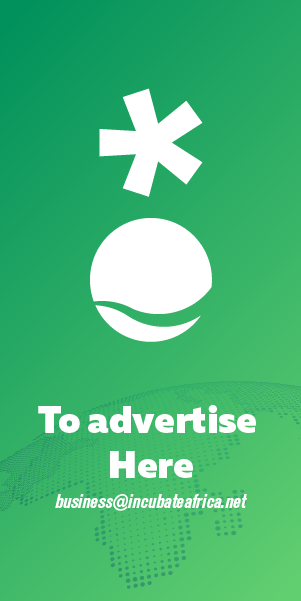Kenya’s SophieBot, a sexual health chatbot joins Merck’s fourth Accelerator in Nairobi

Merck KGaA, Darmstadt, Germany, a science and technology company, has announced the new startups participating in its Accelerator program in Darmstadt, Germany, and Nairobi, Kenya. Although working separately, clear similarities can be identified between these teams’ business models, as they both make use of artificial intelligence to achieve advances in healthcare.
Michael Gamber, Head of the Innovation Center in Darmstadt, welcomes the new intake of startups: “Due to the number of high-quality applications from over 60 countries, selecting startups for our fifth round in Darmstadt and our fourth intake in Nairobi was not easy. In comparison to the first Accelerator intake back in 2015, we can see that digitalization now plays an even greater role in the healthcare and life science sectors, guaranteeing even faster and easier ways for patients to manage their diseases. We can also see that digitalization is constantly improving daily work for researchers.”
 In the Nairobi Merck Accelerator, there is Sophiebot. The startups come up with a chatbot that provides information about sexual health. Sophiebot also focuses on AI and has built a chatbot that answers questions about sexual and reproductive health in real time. The solution helps relieve awkwardness surrounding discussions and discourse around SRH, particularly in the conservative African setting.
In the Nairobi Merck Accelerator, there is Sophiebot. The startups come up with a chatbot that provides information about sexual health. Sophiebot also focuses on AI and has built a chatbot that answers questions about sexual and reproductive health in real time. The solution helps relieve awkwardness surrounding discussions and discourse around SRH, particularly in the conservative African setting.
SophieBot, which was part of the Nailab and United Nations Population Fund (UNFPA) iAccelerator last year addresses the lack of information on the delicate topic of sexual health and gives answers in real-time about any issues concerning sexual and reproductive health. The bot can be integrated into multiple platforms including Facebook Messenger, Telegram, Twitter and the Android mobile app.
Another startup in Nairobi is Coolfinity which tackles the problem of keeping medicine cool in countries that are often facing power outages. Coolfinity developed the technology “IceVolt” in order to ensure constant and uniform cooling.
Joining the Accelerator program in Nairobi, Wellthy Therapeutics is also working on diabetes-related issues. Based in India, Wellthy Therapeutics has developed a digital therapy strategy for diabetes patients which can also be used by doctors administering treatment. Patients receive a personalized nutrition plan, as well as a health coach in order to lower their blood sugar level – all via an app and based on artificial intelligence.
From the newly selected startups in Darmstadt, two operate within the life science industry, while the other two are working on digital health solutions. Of the four teams, three are from Germany. The first of these is Oculyze, a startup developing hand-held microscopes that can be connected to smartphones and offer an image recognition service.
Also hailing from Germany, Labfolder simplifies the documentation of laboratory experiments, while Living Brain digitizes rehabilitation for people with neurological diseases. The fourth startup, MedicSen, is based in Spain. MedicSen has built a personalized device to help people with diabetes to manage their illness and aims to help them to take their mind off their condition. MedicSen’s long-term goal is to simplify not only the management of diabetes but other chronic diseases too











